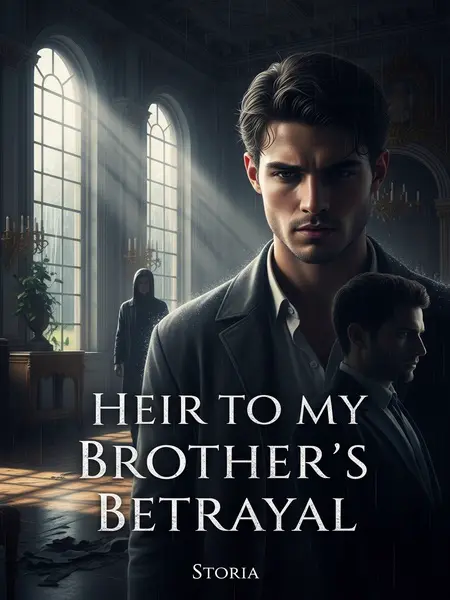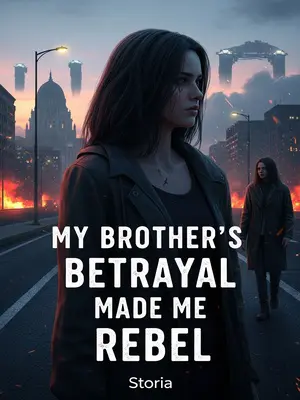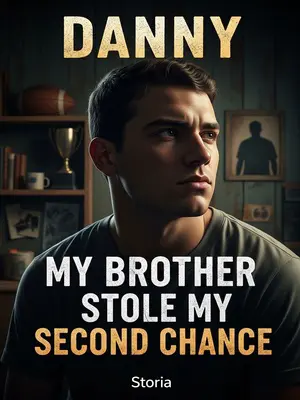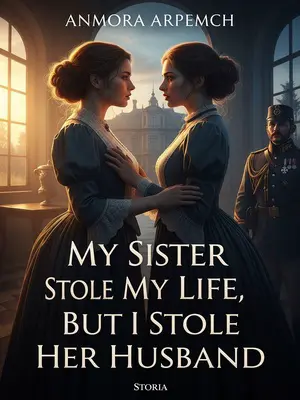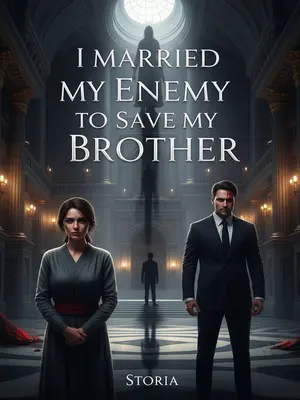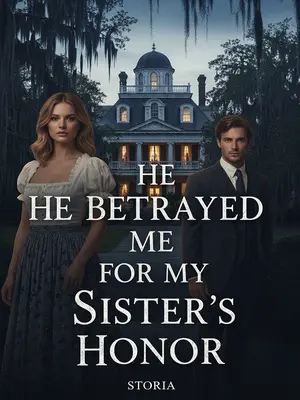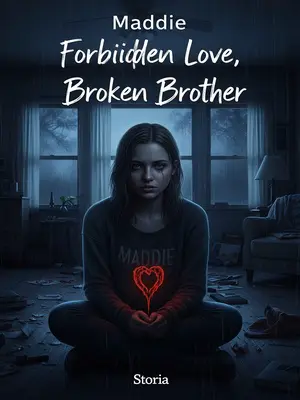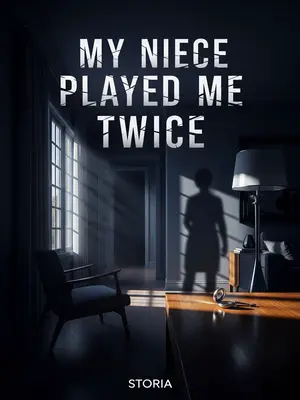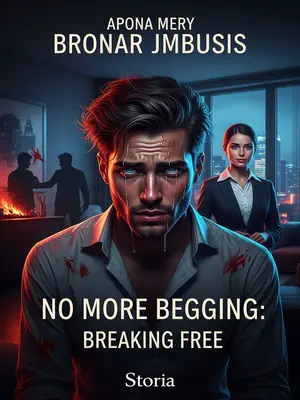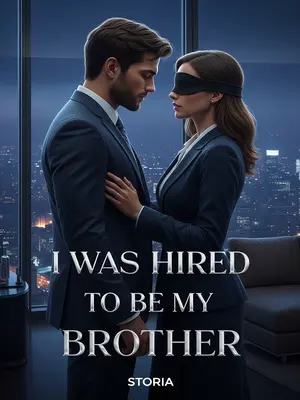Chapter 1: The Fall and the Debt
My younger brother got hooked on gambling. After racking up hundreds of thousands in debt, he jumped from the roof of the downtown parking garage. Just like that, he was gone.
The TV’s blue glow flickered on our chipped coffee table, the words crawling across the bottom of the screen like ants: “Tragic Loss: Young Man Dies in Fall.” I barely even recognized his name in the blaring crawl. He was just gone, and nothing in the world could undo it.
After he died, the loan sharks swarmed our house, scaring my parents so badly they ended up in the hospital and forcing me to take on my brother’s debts.
They showed up at our old split-level on Willow Lane, pounding on the front door with their fists until the windows rattled. My dad, normally a tough guy who wouldn't flinch at much, turned pale as a sheet. Mom, always so put-together, collapsed onto the living room carpet, clutching her chest. Ambulances and police cruisers were a fixture outside our place that week—red and blue lights painting our home for the whole neighborhood to see. And through it all, the debt just hung over us, as heavy and choking as August humidity in Ohio.
They broke my hand and threatened me: “You think you can run? Next time, it won’t just be your hand—we’ll come for everyone you love.”
I can still feel the snap of my knuckles—bone and pride both shattered in one swift, brutal moment in our own garage, the scent of old motor oil in the air. They hissed the threat into my ear, the kind of cold that doesn’t leave your skin for years. I wanted to scream, but all that came out was a whimper. My world shrank to the sound of their boots crunching gravel as they left. After that, I kept my phone on silent and triple-locked the doors at night, always listening for their cars to roll up the driveway.
For my parents’ sake, I worked myself into the ground to pay off the debt.
I picked up shifts wherever I could—graveyard at the Kroger deli, fixing roofs for cash, hauling boxes at the FedEx depot. I’d hit the Speedway gas station for a stale breakfast sandwich and a burnt cup of coffee before clocking in. My hands were always covered in calluses, and I survived on cheap coffee and whatever was left in the vending machine after midnight. I didn’t see sunlight except from the window of my pickup as I drove from job to job. I missed birthdays, Thanksgivings, Christmas Eve, all of it—just so I could keep the wolves from our door.
Ten years later, I finally paid off all the gambling debts and even bought my parents a house and a car so they could retire in peace.
There’s no feeling like walking into a Ford dealership in Dayton and buying a car for your folks with money you earned, no co-signer needed. I handed them the keys to a place in a quiet subdivision outside Cincinnati. I thought I’d finally done it—finally given them peace, even if it cost me everything.
But then I was diagnosed with late-stage stomach cancer, gravely ill and stuck in a hospital bed.
The hospital room smelled like antiseptic and those godawful fish sticks they served on Fridays. I spent most days staring at the ceiling, listening to the beeps of the machines and the slow shuffle of nurses in white sneakers. My world shrank to an adjustable bed, a plastic pitcher of ice water, and the ache in my gut that never went away.
And that’s when my brother, who was supposed to be dead, came back.
“If Mom and Dad hadn’t made me fake my death and skip town back then, I wouldn’t be able to come back now to get my share of the inheritance.”
He waltzed in like he owned the place, looking tan and smug, his hair grown out and highlighted by some Florida sun. No shame. Just cold, entitled eyes. I realized, then, that the world I’d broken myself for was a lie—and my own family had written the script.
Later, they signed the papers, handed my fate to the hospital, and never looked back.
The nurses looked at me with quiet sympathy. My hospital room was full of silence where visitors ought to have been. There were no flowers, no cards, no calls. One evening, a social worker asked if there was anyone she should notify. I shook my head, unable to say that the only people left in my life had already left me behind.
I became a line in a county ledger. No funeral, no eulogy, just a number in the system and a bag of ashes in the city’s cheapest plot.
When I opened my eyes again, I was back on the day my brother jumped.
